Recently we interviewed the Clubcommission Berlin. Now we have spoken with another political player in the capital: With the Berlin Music Commission. The BMC was founded in 2007 and has been strengthening and supporting Berlin as a music location ever since. Its current 163 members come from all sectors of the industry. The only condition for membership is that the company is based in Berlin, although a branch office is also sufficient – and of course a clear connection to the Berlin music industry.
The BMC as a Rolemodel
The BMC does important promotion and networking work and brings together the various players in the industry. In this way, the BMC can represent the interests of its members to Berlin’s politicians and make demands. Especially during the pandemic and the ongoing lockdown of culture, it becomes clear how important professional representation of interests is for the industry. After all, many creative professionals still can’t access the pots of help they so desperately need. In the meantime, there are also associations in many other cities that look after the interests of the music industry along the lines of the BMC.
Jana Scheffert has been working at the Berlin Music Commission since 2010, where she promotes the interests of the music industry in the capital. We talked to her about the BMC’s political work, how its members are doing during the pandemic, and how important it is to speak with a united voice.
a diverse mix of interests
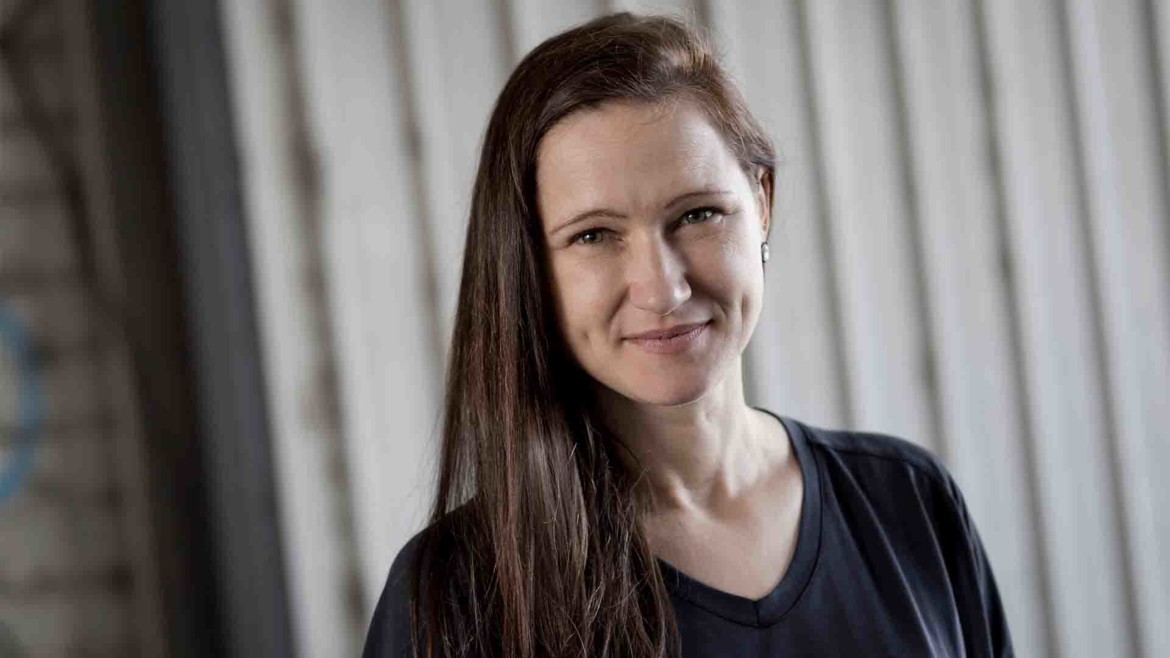
Jana Scheffert – © Danny Prusseit
Hi Jana, please explain briefly what the Berlin Music Commission does and what your job is there.
Jana Scheffert: The Berlin Music Commission is the network of the Berlin music industry. We currently have 163 members from various sectors of the industry. They include labels, publishers, universities, media companies, solo independents, but also associations like the Clubcommission or media.net , with whom we work very closely. So it’s a very diverse mix, which can be very challenging, because everyone has different interests. With our work, we try to strengthen Berlin as a music location by supporting our members and representing their interests to politicians.
I am the Chief Financial Officer at BMC and together with Olaf Kretschmar I form the Board of Directors. I also run the BMC Office, coordinate the individual projects and make sure they run. This is my 11th year doing this and I’m happy to still be involved.
Stronger Together
How long has the BMC been around?
Jana: “The BMC has been around since 2007, when the music industry was still very fragmented. Everyone was a competitor and no one wanted to show their cards, let alone work together. Then, for the first time, 19 companies from the music industry joined forces because they wanted to get something going together. Together they founded the BMC as a cooperative and were able to apply for funding from the Senate. I joined BMC in 2010 and was still involved in this first funding program, which was far too rigid and not really well suited to the creative industries.
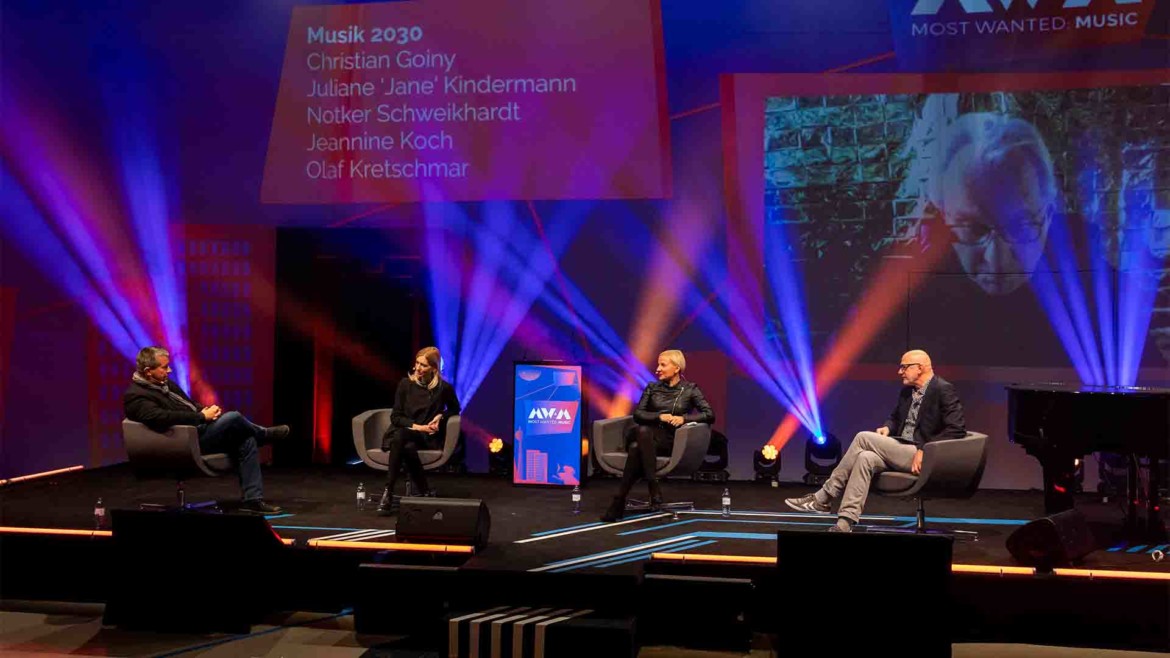
Panel discussion at the MW:M 2020 – © Florian Reimann
Today, fortunately, there is the Musicboard Berlin, which we had demanded at the time together with two other associations (Clubcommission and Label-Commission of the VUT), following the example of the Medienboard. Since 2019, we have finally been based at the Senate for Economic Affairs, Energy and Operations, and from there we receive the funds for our office and the major projects such as ‘Most Wanted Music‘, ‘Music Ambassador‘ and ‘listen to berlin: Awards‘, which enable us to provide precisely tailored funding.”
musical business card
“listen to berlin” is a compilation that is published once a year by BMC. All musicians, labels and publishers based in Berlin can apply with a piece of music. The result is a musical calling card that offers artists a platform and represents the city as a music location. The pieces are selected by a jury, which is supposed to represent a cross-section of the sub-sectors of the music industry. Those who make it onto the compilation are automatically nominated for the awards of the same name. Since there were so many exciting submissions last year, and artists* are having a particularly hard time during the pandemic, a second CD has been curated for the first time by Jana Scheffert and Olaf Kretschmar, entitled “Unexpected Sounds”. The music can of course be streamed online without a CD player.
Is the political Berlin aware of the importance of the music location?
Jana: “I would say yes. However, there is still a lot of room for improvement. You can see that the work of the networks, associations and also the companies in Berlin is slowly bearing fruit. For many years, they have been trying to make politicians aware of Berlin’s importance as a creative location. I had the feeling that politicians liked to adorn themselves with the club landscape and the creative scene and its appeal, but nothing was done to ensure that it stayed that way. There was very little support.
Now we are on the right track. The pandemic has shown that there are good concepts and that we are being heard. But we have also noticed that other sectors of the economy have received support and assistance much more quickly and as a matter of course. I still see a great imbalance there.”
“It’s much better if this happens in a united way”.
How important was this unification of the industry in associations like the BMC to be able to make demands now during the pandemic?
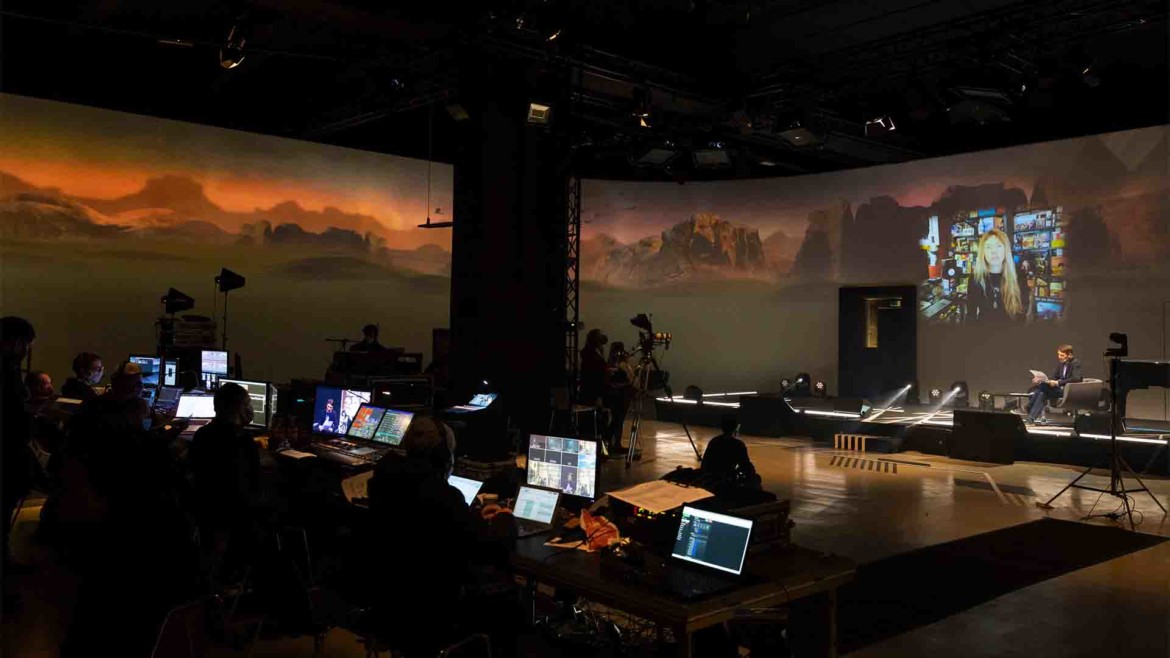
MW:M 2020 – © Florian Reimert
Jana: “It is really important. I believe we can only achieve something if we speak with a united voice. That has been our credo for years. That’s why it’s also totally important to join forces with other associations and networks. If there are interfaces, then let’s do it together and not each for themselves. Politicians are only surprised that other people knock on your door every day. It’s much better if we do it together. That’s what we tell newly founded networks and offer our cooperation and experience.”
Do you have specific contact in the Senate administrations?
Jana: “We work very closely with the Senate Department for Economics. We discuss our projects with the State Secretary and we are on a first-name basis with the Senator. Of course, that’s worth its weight in gold in a crisis situation like this. We were also approached by politicians when it came to concepts for opening up, and we developed hygiene concepts together. Our specialist group for the event industry has made an important contribution here. A network like that of the BMC is necessary for this, because we can bring in expertise from all areas and know what is needed and what is important in each case. And we can then also test the concepts.”
lost expertise
How are your members doing at the moment?
Jana: “You have to differentiate here. The event industry is doing really badly. Some transitional solutions have worked quite well, but the stores have been closed for more than a year and they are simply dependent on aid. The next few months will show whether they can be saved with new models over the summer. That’s where we notice it quite clearly.
In the case of the labels and publishers, it is only slowly becoming apparent. Last year, they were still able to benefit from the payouts of their work from 2019. But many musicians have postponed their releases because they can’t tour at the moment, which means that a major source of income is missing there as well.
The educational institutes like SAE or the Berlin School of Popular Arts have been able to move to online, so it’s less dramatic there.
Our biggest concern, however, is that very many – especially of the solo self-employed, who have hardly received any assistance – are looking for other jobs, because otherwise they won’t be able to survive. Whether they will come back is questionable, and there will probably be a very big gap there; we’re losing a lot of expertise right now.”
bureaucracy And SAfety
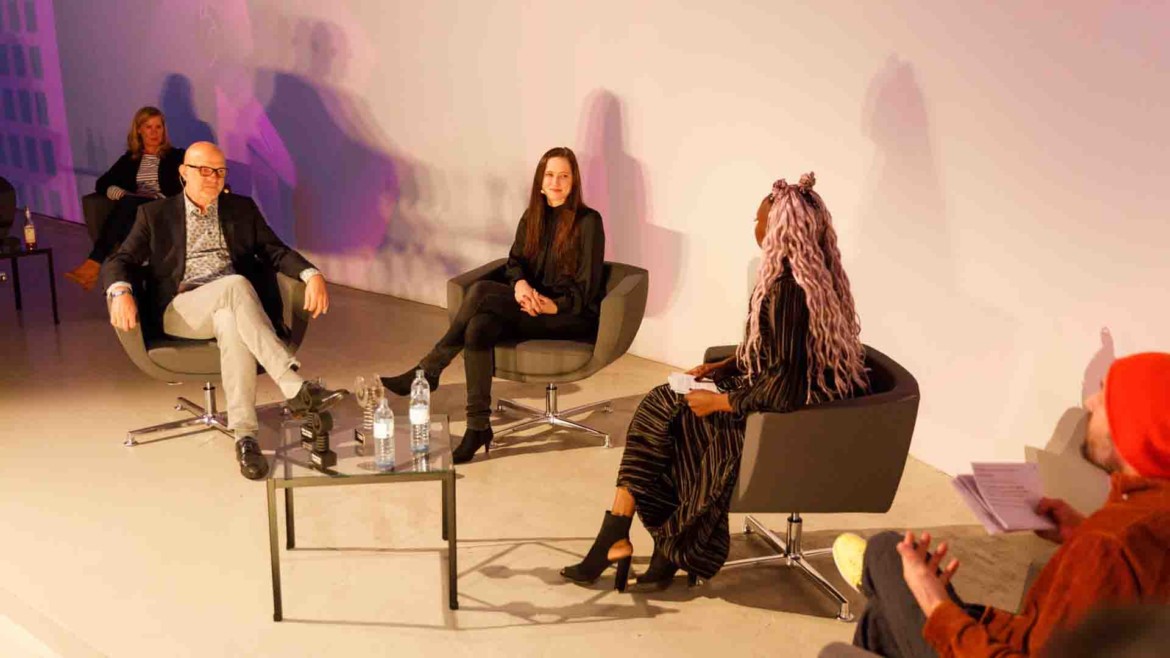
Olaf Kretschmar & Jana Scheffert – © Stefan Wieland
What do you wish from the politicians?
Jana: “That they continue to have an open ear and work closely with us. But also that the federal government sees and recognizes how important the creative industries are and how important it is to help them now, because otherwise a large branch will be lost. We need tailored support and aid programs that really have an impact and reach the people. There are efforts and indications of what needs to be changed. Now it’s up to the politicians to listen to them and find quick and pragmatic solutions. That is what I would like to see. Germany is just very bureaucratic and focused on security, but we see that it sets us back in a pandemic.”
Thank you for the interview and your time involved, Jana!

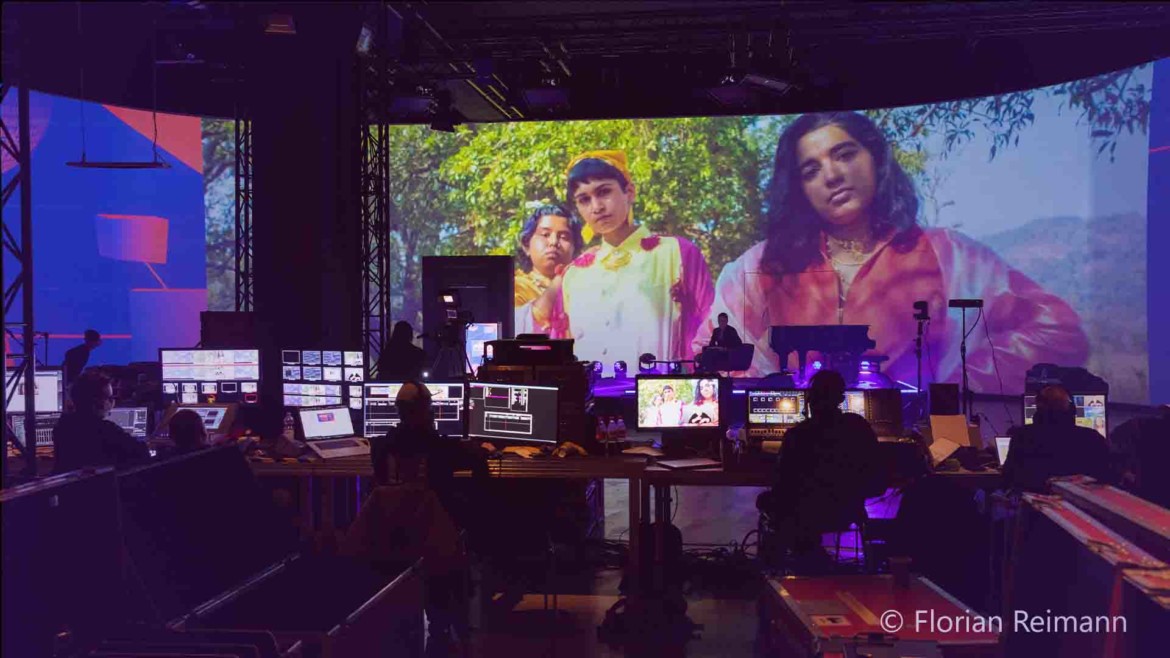
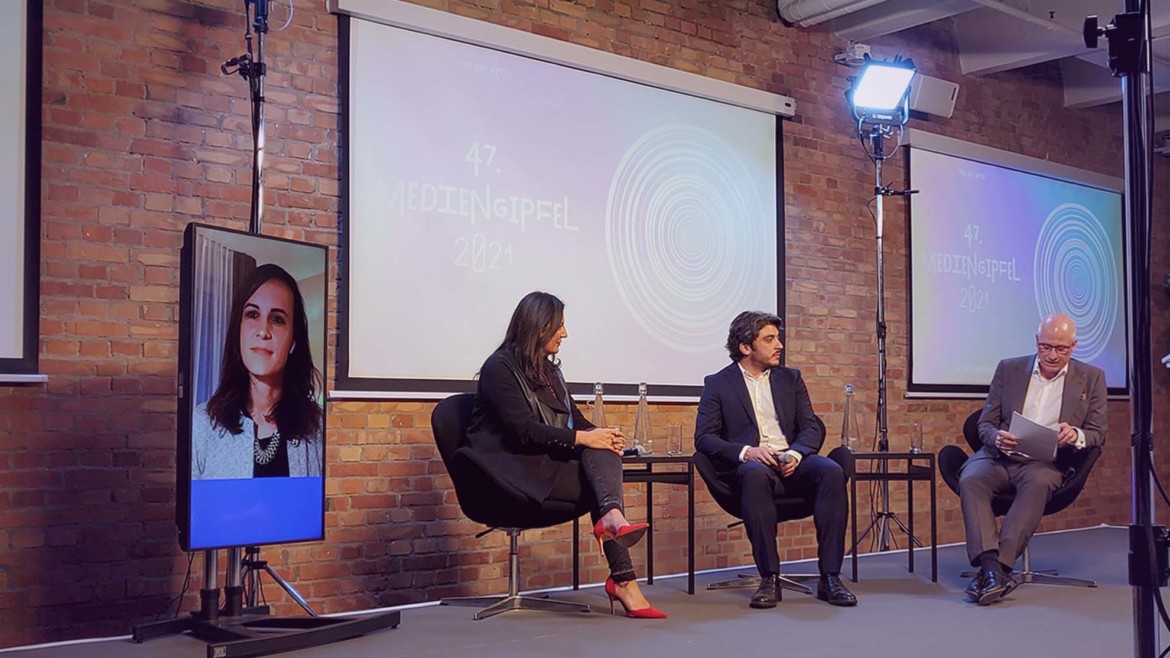
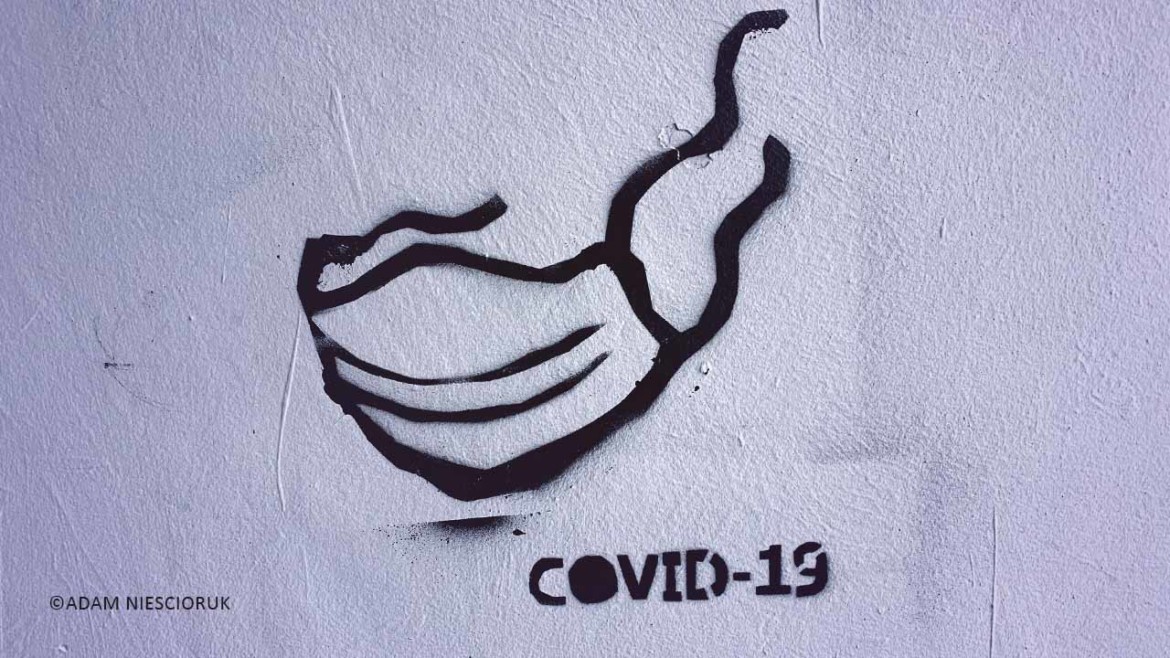
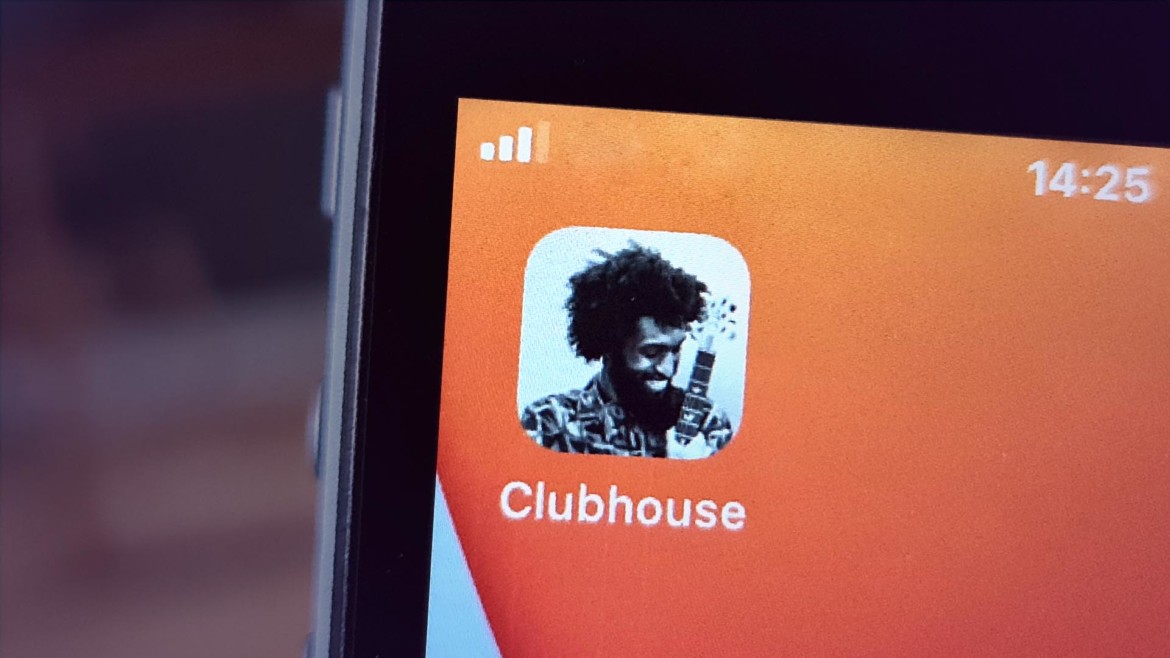

Leave a Reply